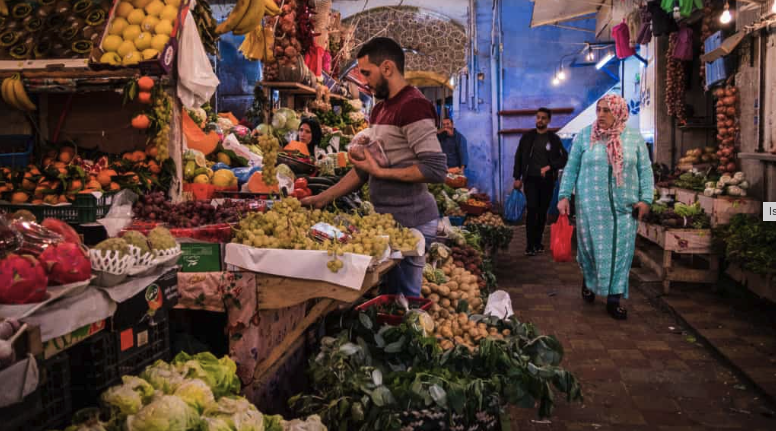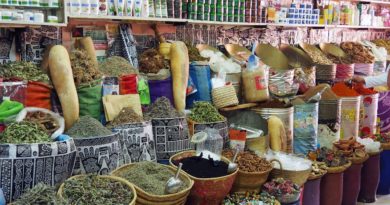Morocco’s effort to cool rising food prices
Amid a high inflation and the onset of Ramadan which tends to put more pressures on prices, Morocco is battling local food prices on many fronts.
Restricting Tomatoes exports
Morocco has implemented restrictions on tomato exports to address rising domestic prices of the vegetable. The Ministry of Agriculture and Fisheries has ordered a temporary halt on the export of tomatoes from March 24 to April 9, 2023.
The restrictions are aimed at ensuring that local market needs are met and preventing any further price increases. Morocco is one of the world’s top tomato exporters, and the country’s tomato exports are valued at around $800 million annually.
Onions and potatoes shortage
Soaring prices at the vegetable market are threatening local supply and has forced the governments to ban exports to some African countries.
Similar to Morocco, Parts of Europe faced a drought last year, pushing up food prices even higher. The rising demand from Europe due to the war in Ukraine is putting additional pressure on Morocco. Morocco back in February halted shipping potatoes, onions, and tomatoes to West Africa to protect shipments to Europe.
That hasn’t, however, stopped the increase in vegetable prices. Tomatoes and onions are now out of the grasp of the average person. Reported prices of 10-24 DH (1$ = 10.24DH) of the staple vegetables during the month Ramadan, rising panic among citizens.
The Netherlands, the top supplier of onions worldwide, was also impacted by the drought that afflicted parts of Europe last year. As a result, onions were more expensive nationwide, reaching record-high wholesale prices of $0.70 per kg in January and February, according to the same source.
Importing cattle to ease meat prices
Morocco has imported in March a shipment of 2,800 heads of cattle from Brazil as part of a plan to boost the country’s livestock industry. The shipment is the second of three planned deliveries, with the final shipment expected to arrive in the coming weeks. The cattle will be used to improve local breeding and meat production, which is a key part of Morocco’s food security strategy.
The country has been working to reduce its dependence on imported meat, with the government recently implementing measures to support local farmers and increase domestic production. The shipment was part of a deal signed between Morocco and Brazil in February, which aims to boost bilateral trade in agriculture and livestock by more than 50% in value.



